
What is Eptifibatide Accord and what is it used for?
Eptifibatide Accord is a medicine used to prevent heart attack in adults. It is indicated in the following groups:
- patients with unstable angina (chest pain caused by insufficient blood flow to the heart, which may arise at rest or with no apparent cause);
- patients who have previously had a non-Q wave myocardial infarction (a type of heart attack) with chest pain in the past 24 hours and abnormal electrocardiogram (ECG) or signs of heart problems detected in the blood.
Eptifibatide Accord is given with aspirin and unfractionated heparin (other medicines that prevent blood clots).
Patients who are most likely to benefit from Eptifibatide Accord therapy are those at high risk of heart attack during the three to four days following the "onset of" acute (sudden) angina. This includes patients who have undergone percutaneous transluminal coronary angioplasty (ACTP, a type of surgery to clear the arteries that feed the heart).
The drug contains the active ingredient eptifibatide.
Eptifibatide Accord is a 'generic medicine'. This means that Eptifibatide Accord is similar to a 'reference medicine' already authorized in the European Union (EU) called Integrilin. For more information on generic medicines, see the questions and answers by clicking here.
How is Eptifibatide Accord used?
Eptifibatide Accord must be given by a doctor with experience in the management of heart attacks and angina and can only be obtained with a prescription. It is available as a solution for infusion (drip into a vein) and intravenous injection.
The recommended dose is 180 micrograms per kilogram of body weight, administered by intravenous injection as soon as possible after diagnosis. This injection should be followed by a continuous infusion of 2.0 micrograms / kg per minute for up to 72 hours, until surgery or hospital discharge, whichever comes first. When the patient is undergoing percutaneous coronary intervention (PCI or angioplasty, a surgical procedure used to unblock narrowed coronary arteries), the Eptifibatide Accord infusion may be continued for up to 24 hours after surgery, up to a maximum of 96 total hours of treatment.
Patients with moderate renal impairment should be given a reduced dosage during the infusion. Eptifibatide Accord should not be given to patients with severe kidney problems.
How does Eptifibatide Accord work?
Eptifibatide Accord is an inhibitor of platelet aggregation. This means that it helps to prevent blood cells called platelets from sticking to each other (clumping). This aggregation of platelets is an important stage in the formation of a blood clot and, if occurs in the blood vessels that supply the heart, can cause a heart attack. The active substance in Eptifibatide Accord, eptifibatide, stops the clumping of platelets by blocking a protein, glycoprotein IIb / III, located on their surface which helps to make them This reduces the risk of blood clots forming and helps prevent heart attacks.
How has Eptifibatide Accord been studied?
The company presented data on eptifibatide from the scientific literature. No additional studies were needed because Eptifibatide Accord is a generic medicine given by injection and infusion into a vein and contains the same active substance as the reference medicine, Integrilin.
What are the benefits and risks of Eptifibatide Accord?
Because Eptifibatide Accord is a generic medicine, its benefits and risks are taken as being the same as the reference medicine's.
Why has Eptifibatide Accord been approved?
The Agency's Committee for Medicinal Products for Human Use (CHMP) concluded that, in accordance with EU requirements, Eptifibatide Accord has been shown to be comparable to Integrilin. Therefore, the CHMP considered that, as in the case of Integrilin, the benefits outweigh the identified risks. The committee recommended that Eptifibatide Accord be approved for use in the EU.
What measures are being taken to ensure the safe and effective use of Eptifibatide Accord?
A risk management plan has been developed to ensure that Eptifibatide Accord is used as safely as possible. Based on this plan, safety information has been added to the summary of product characteristics and package leaflet for Eptifibatide Accord, including the appropriate precautions to be followed by healthcare professionals and patients.
Other information about Eptifibatide Accord
For more information about Eptifibatide Accord therapy, read the package leaflet (included with the EPAR) or contact your doctor or pharmacist.
The full EPAR version of the reference medicine can also be found on the Agency's website
The information on Eptifibatide Accord published on this page may be out of date or incomplete. For a correct use of this information, see the Disclaimer and useful information page.

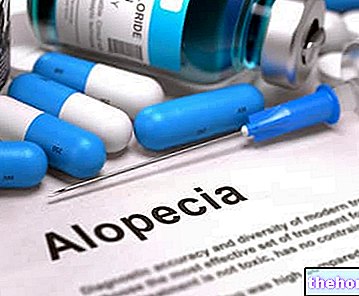
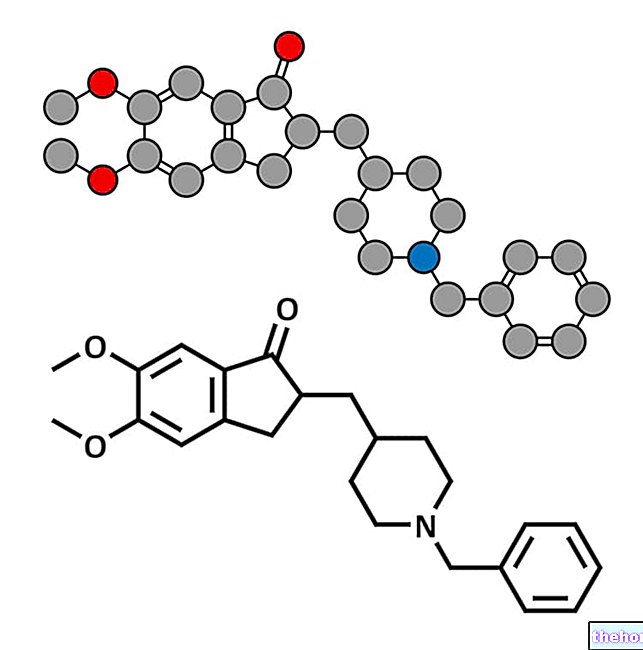
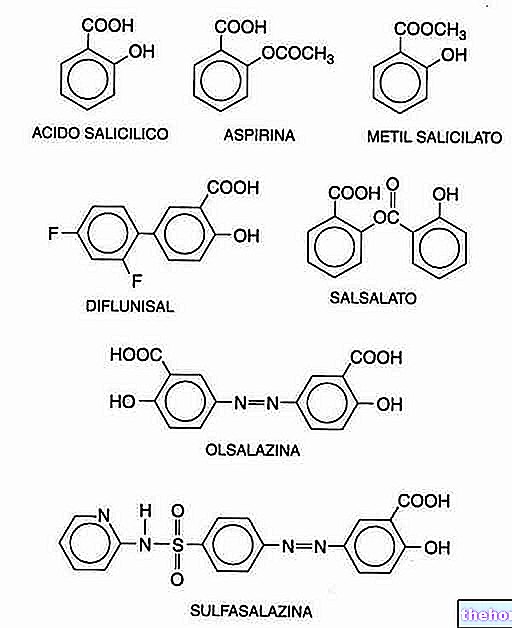
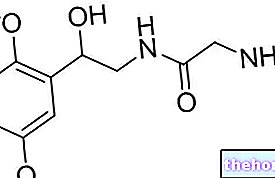

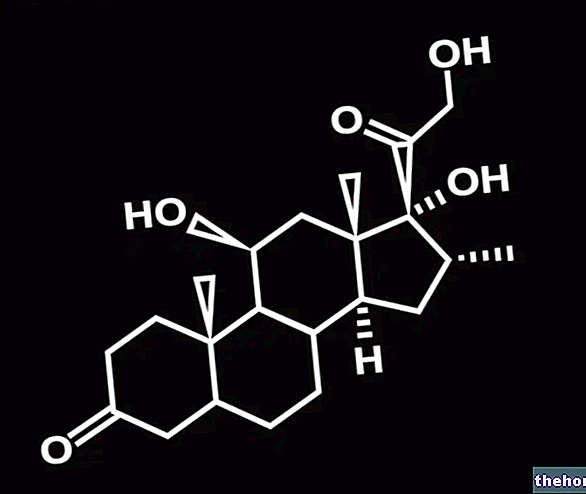
















-nelle-carni-di-maiale.jpg)




